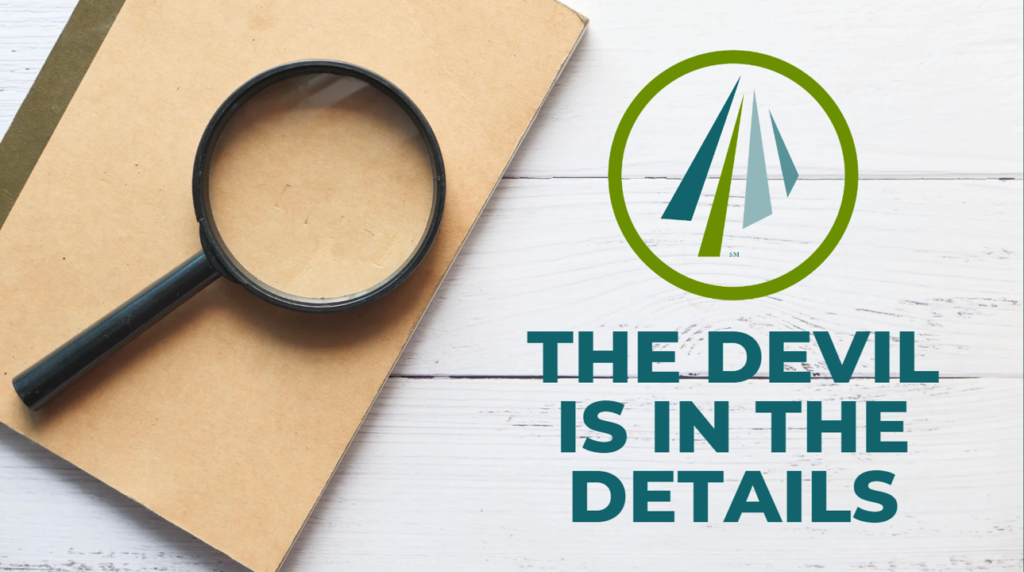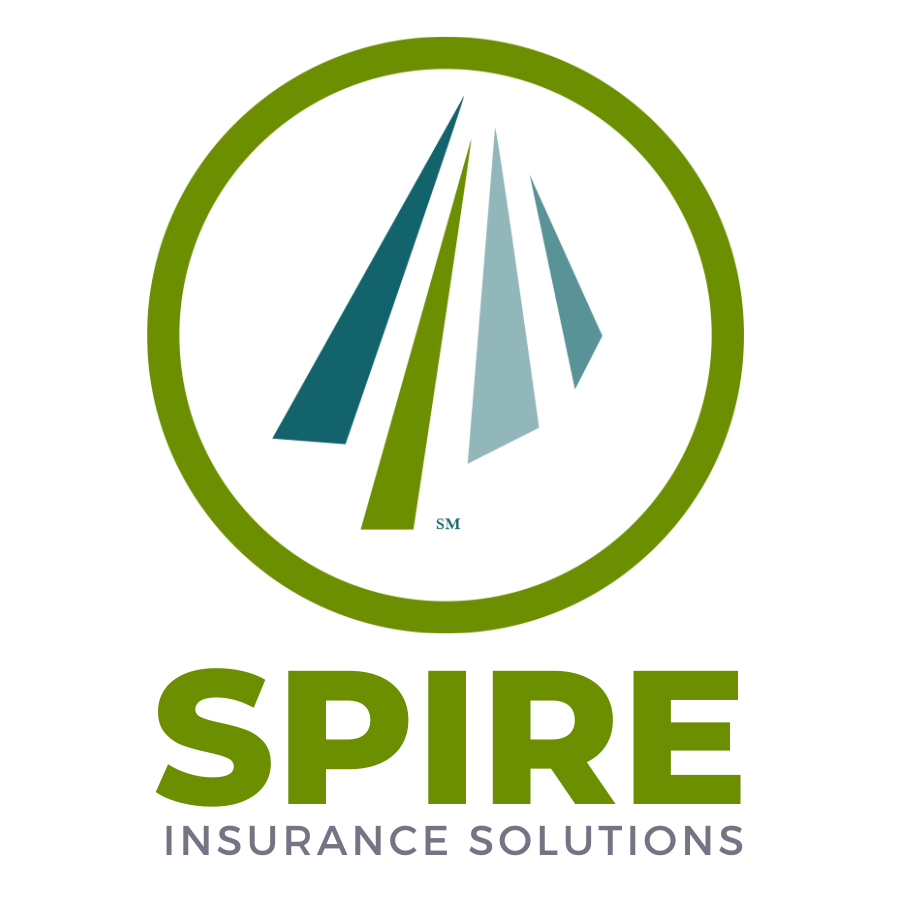General Liability Insurance
Home » General Liability Insurance
Protect Your Business from Everyday Risks
Running a self-storage or mini-storage facility comes with unique challenges—from safeguarding tenants’ belongings to keeping your property secure. We understand the specific risks you face and offer customized insurance solutions to help protect your facility, your clients, and your business. Whether it’s ensuring against theft, property damage, or liability claims, our tailored coverage options are built to fit the needs of your storage business.
Bodily Injury Protection
Your self-storage business has unique needs, and a one-size-fits-all insurance plan won't do. Our tailored coverage options are built specifically around the risks you face, ensuring you only pay for what you need.
Property Damage Coverage
Protects you in case your business operations cause damage to someone else's property, whether it’s a client’s belongings or a neighboring business.
Legal Defense & Settlements
Covers legal fees, settlements, and judgments in case you're sued for things like negligence or injury, giving you peace of mind knowing your defense is handled.
Product Liability
If a product you manufacture or sell causes injury or damage, this coverage protects you from resulting claims, ensuring your reputation and finances are secure.
Meet Our Self-Storage Insurance Team

Misty Livermore, CAWC
Account Manager

Tracy Clothier
Account Manager
The Latest in Insurance Tips and Tricks
Before purchasing insurance for your business, there are several factors you should consider. Feeling overwhelmed? We’ve got you covered. Get the essential information in our insurance blog.

Starting a Dispensary in Minnesota? 4 Smart Insurance Strategies to Improve Cash Flow
The #1 mistake dispensary startups make? Overpaying for Minnesota dispensary insurance they don’t need. Minnesota dispensary owners: Don’t let overpriced insurance drain your startup’s cash flow before you even open your doors! Opening a cannabis dispensary in Minnesota is an exciting opportunity, but navigating the complexities of the industry requires

Think You’re Insured? 7 Cannabis Insurance Gaps That Could Cost You Big
If your cannabis insurance policy includes these exclusions or warranties, your business could be at serious risk due to insurance gaps. Understanding Common Exclusions and Warranties in Cannabis Insurance Policies The cannabis industry faces unique challenges when it comes to insurance. With strict regulations, high-risk exposures, and an evolving legal

Why Does My Cannabis Insurance Cost So Much?
Sticker shock? You’re not alone. Many cannabis businesses are wondering why their insurance costs are so sky-high. The answer isn’t simple—but there are ways to take control and manage the cost of cannabis insurance. If you own or manage a cannabis business, you’ve probably noticed how expensive commercial insurance can
